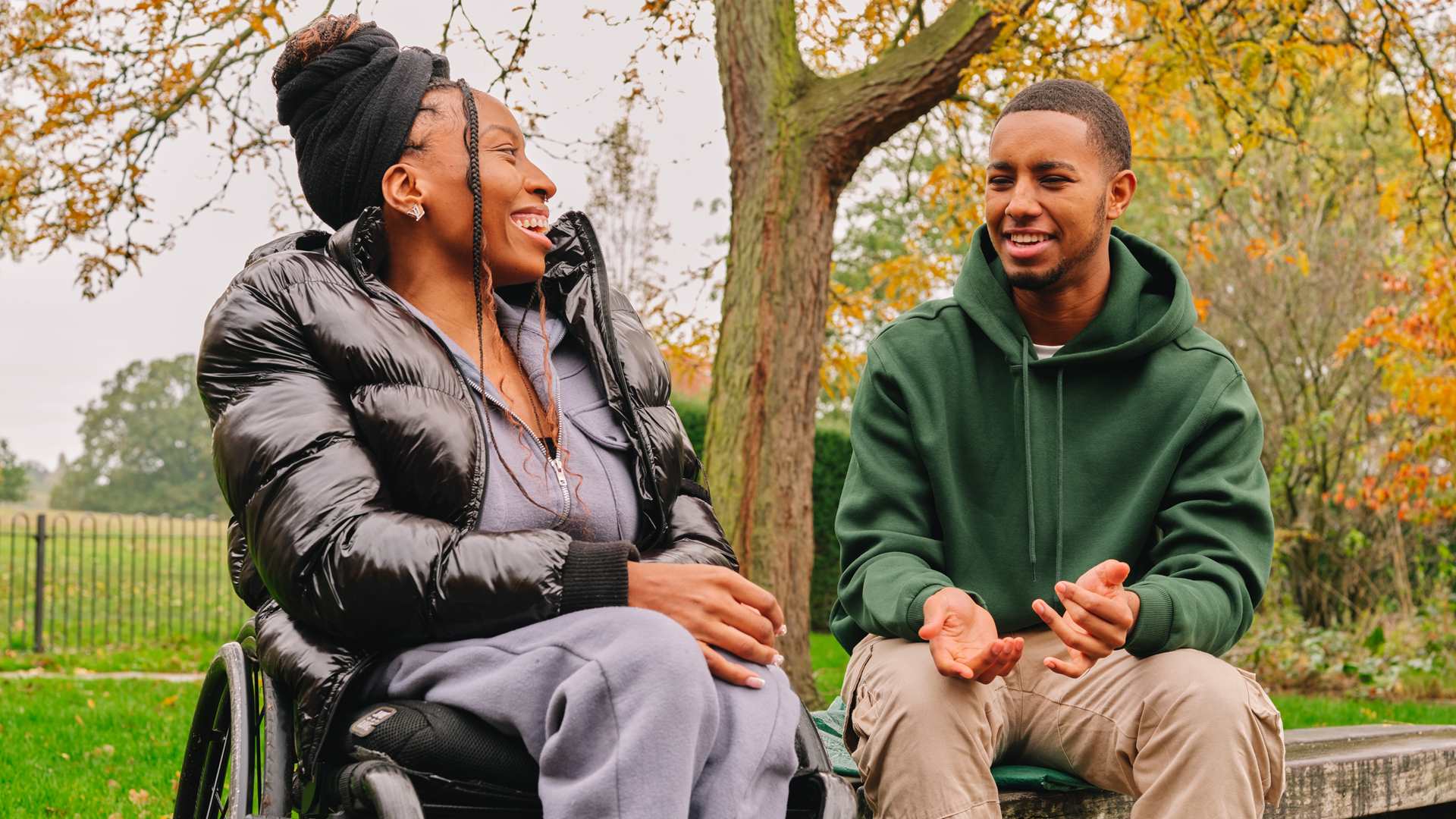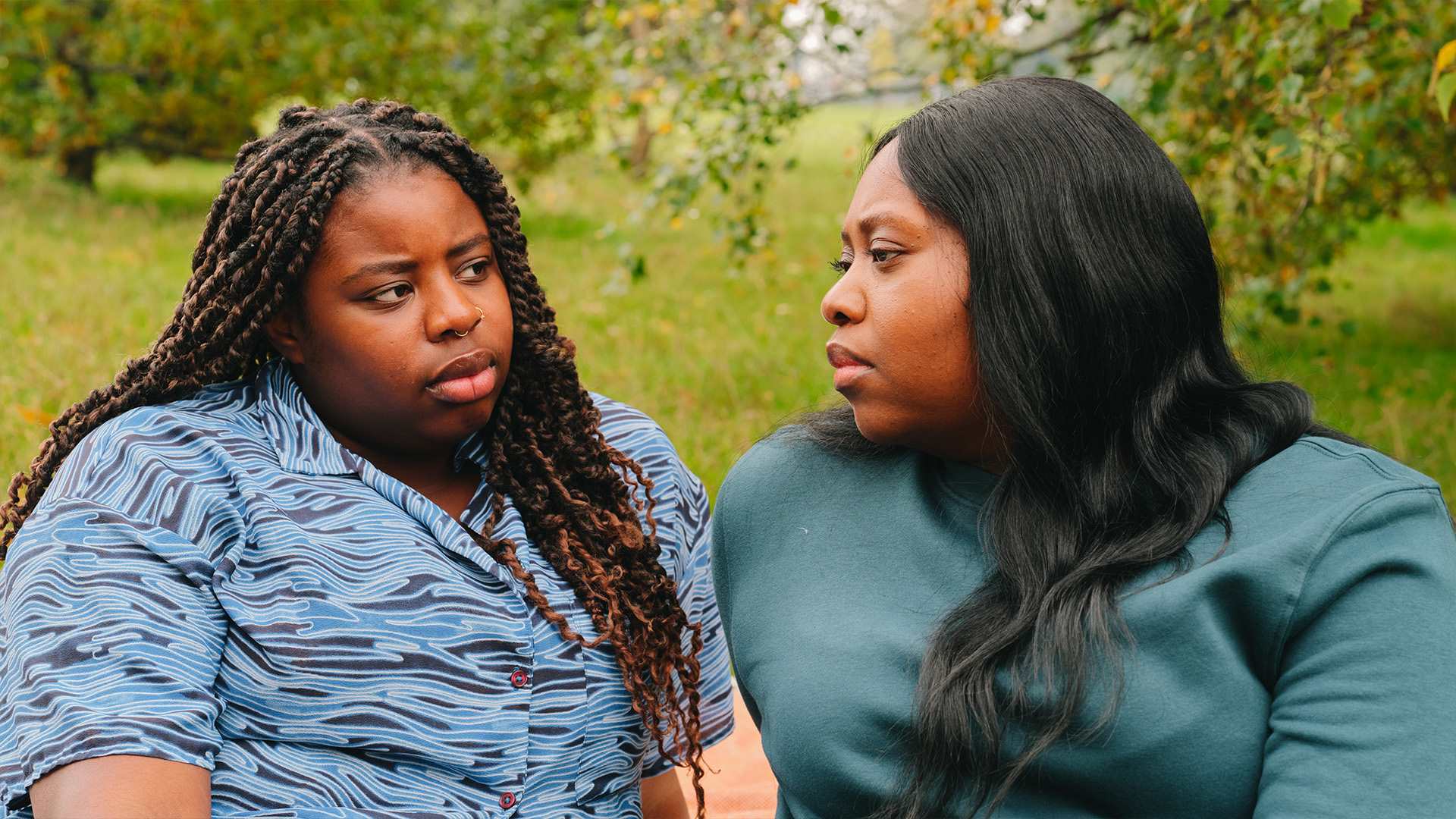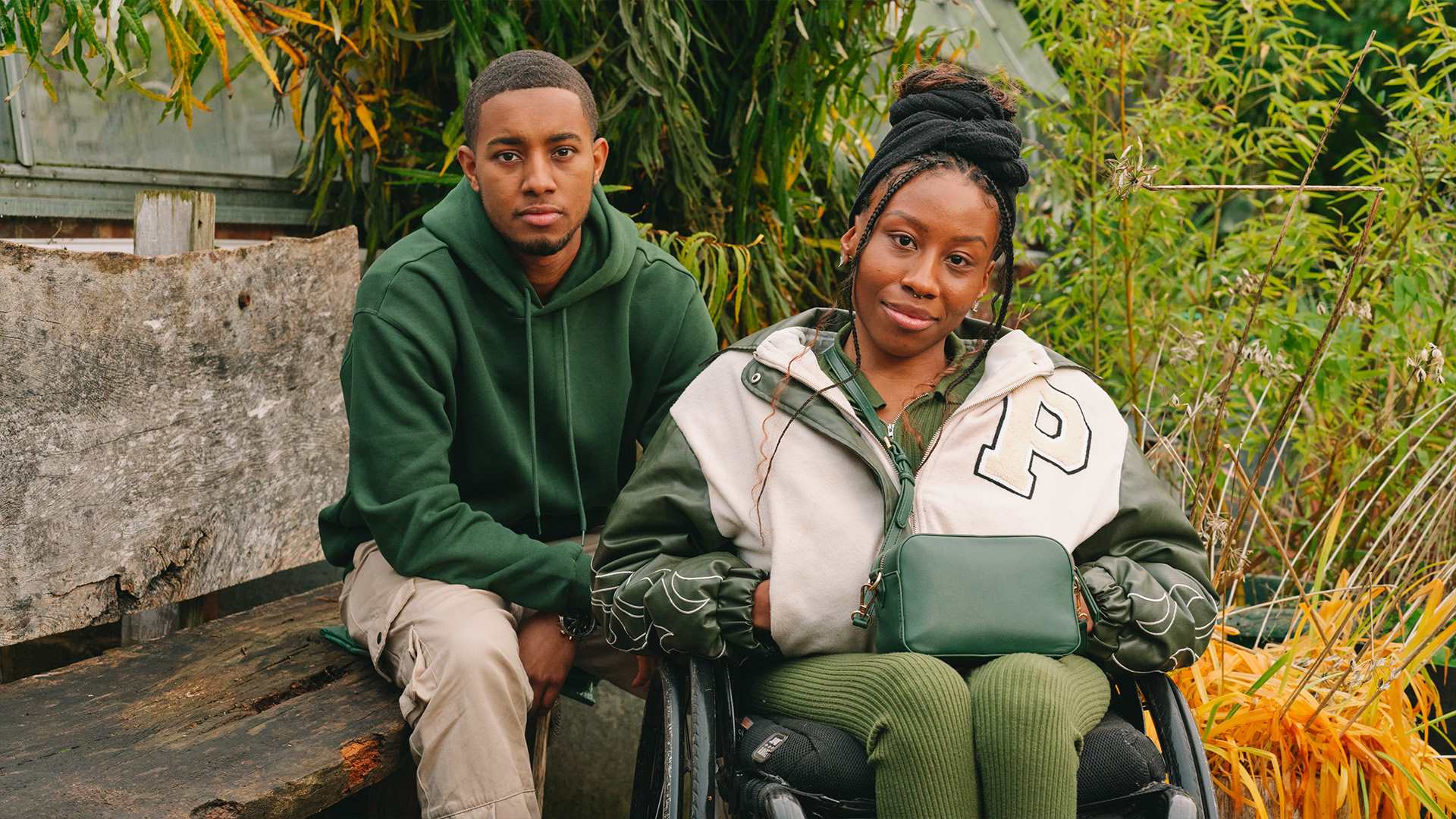
If you’re finding it hard to concentrate or control what you’re doing, it might be a sign of attention deficit hyperactive disorder or ADHD. Find out more about what ADHD is and how you can get support.

Anorexia nervosa is an eating disorder where you worry about your weight, want to lose weight and eat less and less food. It's a serious condition, but treatment is out there.

We all experience anxiety from time to time. If it’s causing you distress and affecting your life, you deserve support. Find out more about anxiety symptoms, causes and what you can do to feel better.

Autism is a spectrum condition that affects how you experience and interact with the world. It’s not a mental health problem, but it can impact your mental health. If you need support, our advice can help.

Bipolar disorder can make your mood become extremely high or low, with episodes lasting for days or weeks on end. It is a serious condition, but help is available.

Borderline personality disorder (BPD), or emotionally unstable personality disorder (EUPD), can cause quick mood swings, often triggered by relationships. Our advice can help you understand the condition and where to get help and support.

Bulimia is an eating disorder where you binge eat lots of food very quickly, then try to get rid of it to feel in control of your weight. It's a serious condition, but help is out there, and you can get better.

If you think you might have depression, you're not alone. Find out more about the symptoms of depression, what you can do to get better, and how you can support a friend struggling with depression or low mood.

Mania is when you have lots of energy and feel really hyper for a period of time. Hypomania is a milder form of mania.

Obsessive compulsive disorder (OCD) is an anxiety disorder where you experience distressing, repetitive thoughts and behaviours that you cannot control.

Phobias are strong fears that can really affect your day-to-day life. Our guide explains what they are, how to manage them, and how to support someone who’s struggling.

If you're struggling with psychosis, it can feel confusing and frightening. Our guide can help you make sense of what’s happening and show you where to get support.

People with schizophrenia might hear, see or believe things that are not true for other people. Find out more about schizophrenia and where to get support.
